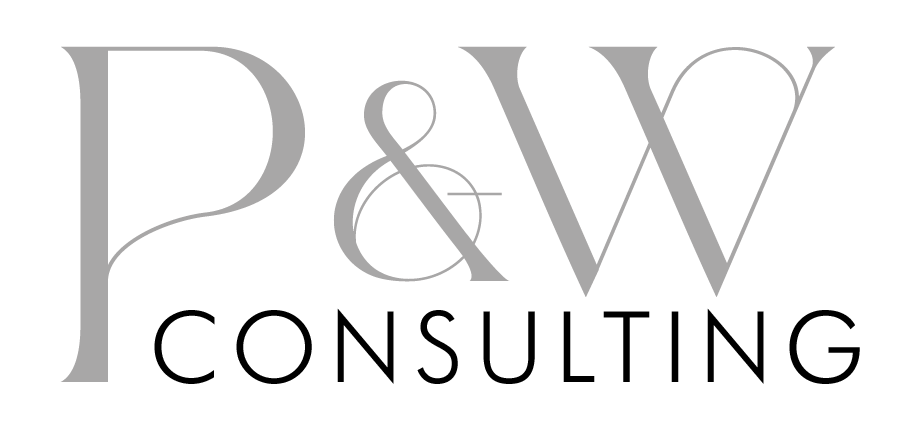In a significant move for accounting standards, the International Accounting Standards Board (IASB) has released IFRS 19, a new standard aimed at reducing disclosure requirements for subsidiaries without public accountability. Here’s what you need to know.
Key Takeaways:
Eligibility and Application:
Subsidiaries of a parent that prepares consolidated financial statements available for public use can opt to apply IFRS 19. This standard reduces disclosure obligations while still requiring recognition, measurement, and presentation aligned with other IFRS accounting standards.
Scope and Principles:
Subsidiaries should be non-publicly accountable and should align with their parent’s consolidated financial statements.
Public accountability applies if an entity trades in public markets or holds assets in fiduciary capacity for the public.
The principles were derived by assessing the needs of financial statement users, focusing on liquidity, cash flows, obligations, and measurement uncertainties.
Reduced Disclosure Framework:
While some IFRS standards’ disclosures still apply, others are adjusted or omitted based on IFRS 19’s principles.
IFRS 8, IFRS 17, and IAS 33 remain fully applicable, and amendments to post-2021 standards will follow.
Transition and Compliance:
- Effective from January 1, 2027, early adoption is allowed.
- Compliance statements must reflect application of IFRS 19.
- Comparative data must be disclosed for the first year of application.
- Revoking and Reapplying: Entities can revoke their election to apply IFRS 19 at any time but are free to reapply the standard later.
Impacts and Implications:
The introduction of IFRS 19 simplifies the reporting process for eligible subsidiaries, reducing disclosure burdens and allowing a more streamlined, relevant reporting approach. Early adoption could benefit many organizations, saving time and resources while aligning subsidiary reporting with their parent’s consolidated standards. Stay informed on how these changes could impact your financial reporting strategies.
Source: https://www.ifrs.org/supporting-implementation/supporting-materials-by-ifrs-standards/ifrs-19/




